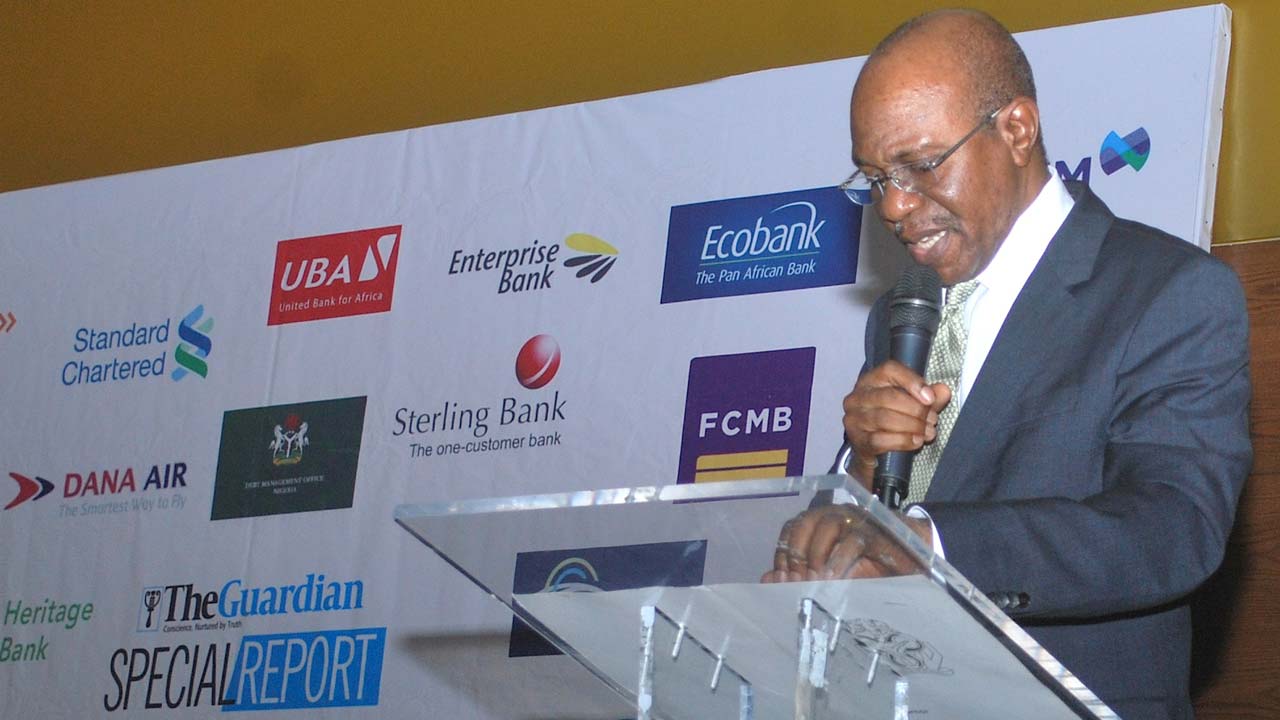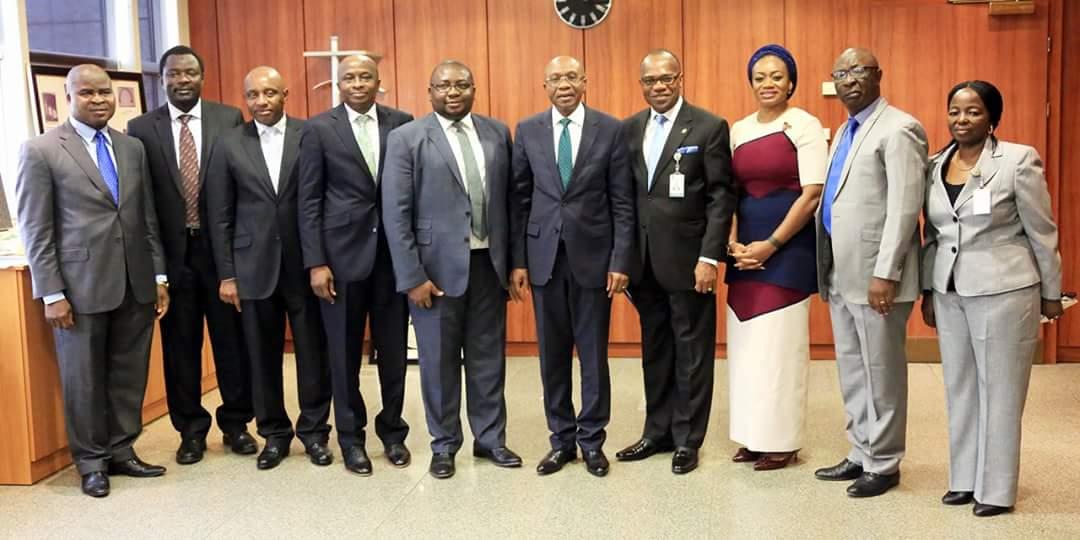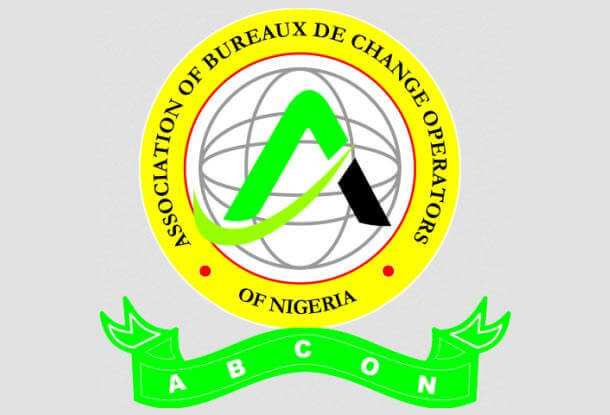China’s 85% funding for $5.8 billion Mambila hydroelectric power worries experts
Recent funding deal sealed between Nigeria and Chinese Export-Import Bank that will deliver the 3,050-megawatt Mambila hydroelectric power project in Taraba state within six year, has continued to draw both positive and discordant reactions from power stakeholders.
The construction will equally be handled by a consortium of Chinese state-owned construction firms.
However, and no matter how sweet and rosy the entire deal will sound to Nigeria, development economists had been expressing fears on what might be the real terms and conditions that really attracted China to the deal.
Starting from a Chinese expert, Yun Sun, a scholar of Chinese foreign policy at US think tank, The Stimson Center, she feared that “I am less optimistic about the financial impact on the Nigerian economy as the project is very large and there is a question about how Nigeria will repay the 85% finance from the Export-Import Bank,” she says. “There could be implications for the national debt”.
“China also wants to identify large projects that make it look good and (Mambila) falls into this category,” Sun averred.
Following the line of reasoning presented by Sun, an energy expert, Engineer Isaac Idowu, said “I have fears if the government will continue with the project, considering it will run for six years”.
Besides, there is another angle of fears on how the infrastructure facility can be repaid as the Nigerian people may not be the know of what were the terms and conditions of the huge financial involvements to the ordinary Nigerian.
in his submission, Dr. Ken Igboanugo, a finance expert, observed that “I think with the height of the funding, national Assembly ought to have been in the picture by way of giving approval so that during the repayment period, any government in power should concur, otherwise, the sweet deal may turn out to become a big international diplomatic issue”.
“To me any time I hear of infrastructure funding facility from China, I feel disturbed because China gifts and assistance are always fraught with hidden charges and agenda that are very hard to comprehend. Nigerians need the minister of Power, Works and Housing to come out and tell us everything in the agreement for us to know because he may not be in government when the project will be delivered.
Another expert queried the rationale in going to China every time, saying China is good in abusing immigration regulations especially when you begin to allow them in without recourse to diplomatic standards.
Delivery details show that the megaproject will feature four dams between 50 and 150 meters tall, and take six years to complete.
Whereas the Chinese Export-Import Bank will finance 85% of the development, the Nigerian government will make up for the remaining 15%.
According to the Minister of Power, Works and Housing, Babatunde Fashola, “(Mambila) will have a transformational effect on all of Nigeria’s socio-economic development”.
“It will have considerable positive impact on electricity supply nationwide, productivity, employment, tourism, technology transfer, rural development, irrigation, agriculture and food production.
It would be recalled that the Mambila hydropower plant has been in development for over 30 years, but previous administrations have made little progress due to regular faulty starts.
For example, in 2007, the Nigerian government awarded a $1.4 billion contract to two Chinese construction firms for a 2,600-megawatt plant, but the agreement broke down soon after.
Attempts were made to revive the deal without success. But the deadlock was broken by conversations between the presidents of China and Nigeria in 2016, according to the spokesman of Nigerian President Muhammadu Buhari.
Analysts in the know of the challenges frustrating the deal for years argued that what made the difference this time was that President Muhammadu Buhari initiated discussions at the level of the President of the Peoples Republic of China in the course of his State Visit (in 2016).
Business Hilights recalls that in January, Chinese Foreign Affairs Minister Wang Yi announced plans to invest a further $40 billion in Nigeria by Chinese government and companies.









